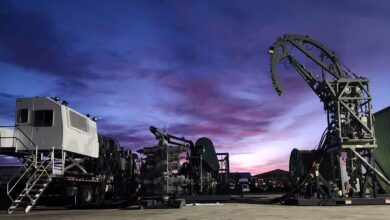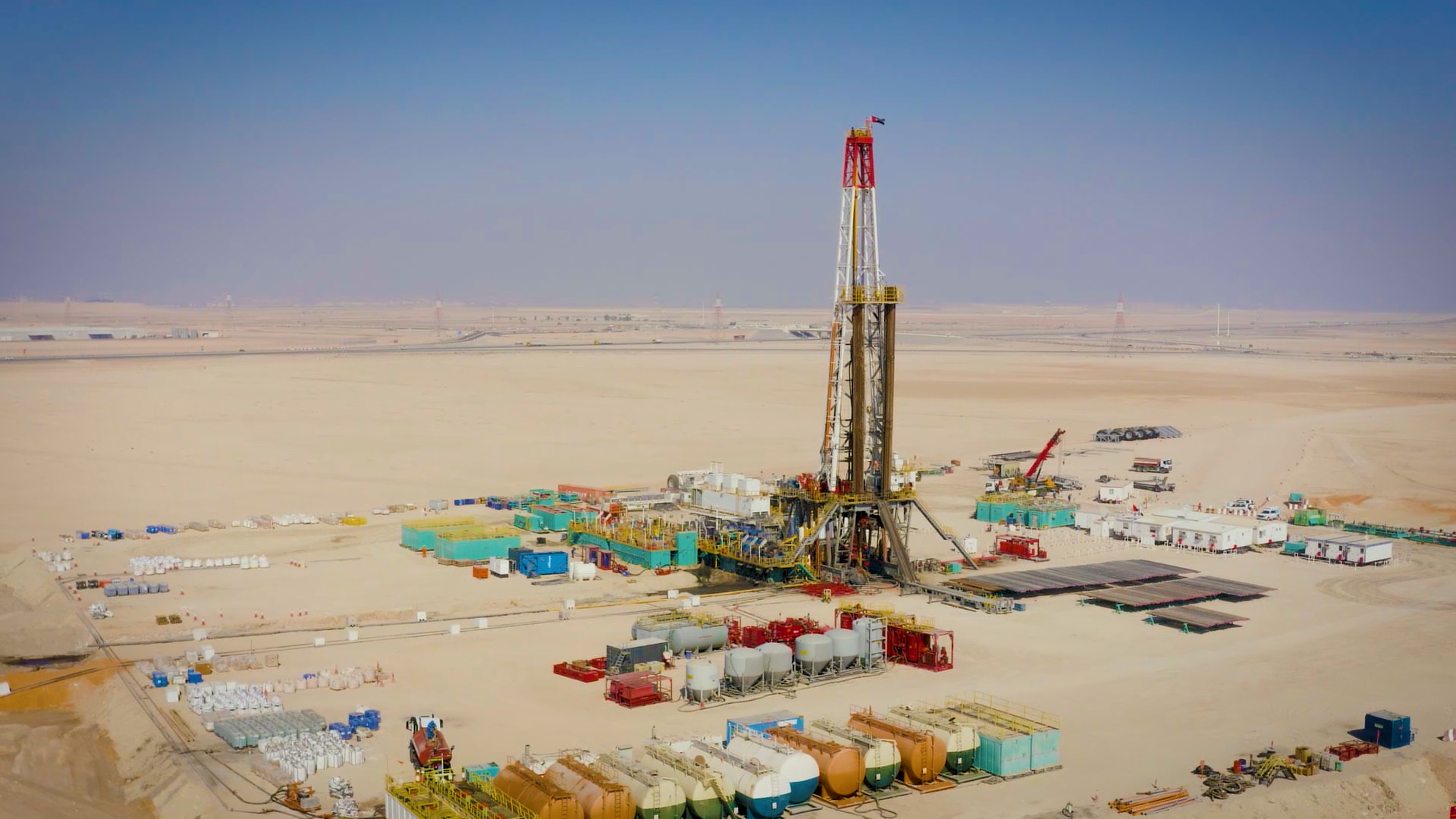Novel coronavirus likely to hit oilfield budgets, supply chains
By Linda Hsieh, Editor & Publisher
As of late February – when this magazine went to press – the new coronavirus, or COVID-19, had not been declared as a pandemic by the World Health Organization. However, with or without a pandemic declaration, it’s clear that this outbreak could have significant trickle-down effects on the oilfield service industry and its supply chains, possibly delaying or even derailing a burgeoning market recovery.
Most apparently, the impact can be seen in oil prices. On 26 February, WTI crude fell below $50/bbl to its lowest point since January 2019. This comes as the outbreak is spreading in countries such as Iran, Italy and South Korea. While the situation continues to evolve rapidly, these recent developments indicate that the negative impact on oil demand will not be isolated to China, where the outbreak originated and where the bulk of confirmed cases have been located.
“Over the past week, worsening outbreaks in these countries have significantly changed the impact parameters,” IHS Markit stated in a late February analysis. Italy, for example, has placed approximately 50,000 people in quarantine, while South Korea has announced that it is taking “extraordinary measures” to contain the outbreak.
“Further contagion notwithstanding, the three countries now dealing with the largest public health crises outside of China are also far from insignificant for global oil demand,” said Roger Diwan, VP Financial Services for IHS Markit.
“South Korea is the fourth-largest oil demand market in Asia, Italy the fifth-largest demand market in Europe, and Iran the second-largest demand market in the Middle East. The three countries combined accounted for just under 6.0 million bbl/day of demand in 2019… These are not small demand markets, and together with China, nearly one in five global demand barrels is located in countries facing public health emergencies,” Mr Diwan said.
In the United States, there were still only approximately 60 confirmed cases as of 26 February, but the US Center for Disease Control has already warned of an “inevitable” spread of the virus and the potential for “severe” disruptions to everyday life.
1.1 million bbl/day impact
The outbreak is also introducing significant uncertainty into oil and gas investment budgets that were set in late 2019. Rystad Energy estimates that oil demand will now be reduced by as much as 1.1 million bbl/day in Q1 2020, essentially wiping out all the projected growth in global demand for the quarter. “We put the impact at 0.9 million bbl/day in China and 0.2 million for the rest of the world, mostly in reduced jet fuel demand,” said Audun Martinsen, Partner and Head of Oilfield Service Research for Rystad.
He believes that oil and gas companies will be much more cautious with investments in Q1 and Q2 this year.
“This will mainly impact the flexible budgets that E&Ps have in shale acreages, as well as exploration. In shale, it is likely to be reduced from the previously expected $130 billion down to $110 billion for 2020,” he said.
Looking at the impact on oilfield supply chains, there could also be delays on offshore projects. Mr Martinsen noted that 16 of the 28 FPSOs under development are being built in China, while the others have supplies coming from China.
“Our intel suggests that there have been limited shifts worked in the yards, causing at least 50% fewer manhours on the projects. In addition, some sub-supplies of different bulk materials, modules and equipment may cause further delays.”
In fact, Mr Martinsen estimates China’s equipment manufacturing sector’s plant utilization rate is less than 10%.
“This all means that we are looking at delays of three to six months on average for the different units. If the coronavirus escalates, this can go up to nine or even 12 months,” he said, noting that average time of FPSO development is 36 months.
“Everything more than three months would be hard for the operators to mitigate through fast-tracking other parts of the development,” Mr Martinsen said, “meaning, we are likely to see delayed startup of these projects.” DC
Linda Hsieh can be reached at linda.hsieh@iadc.org.





